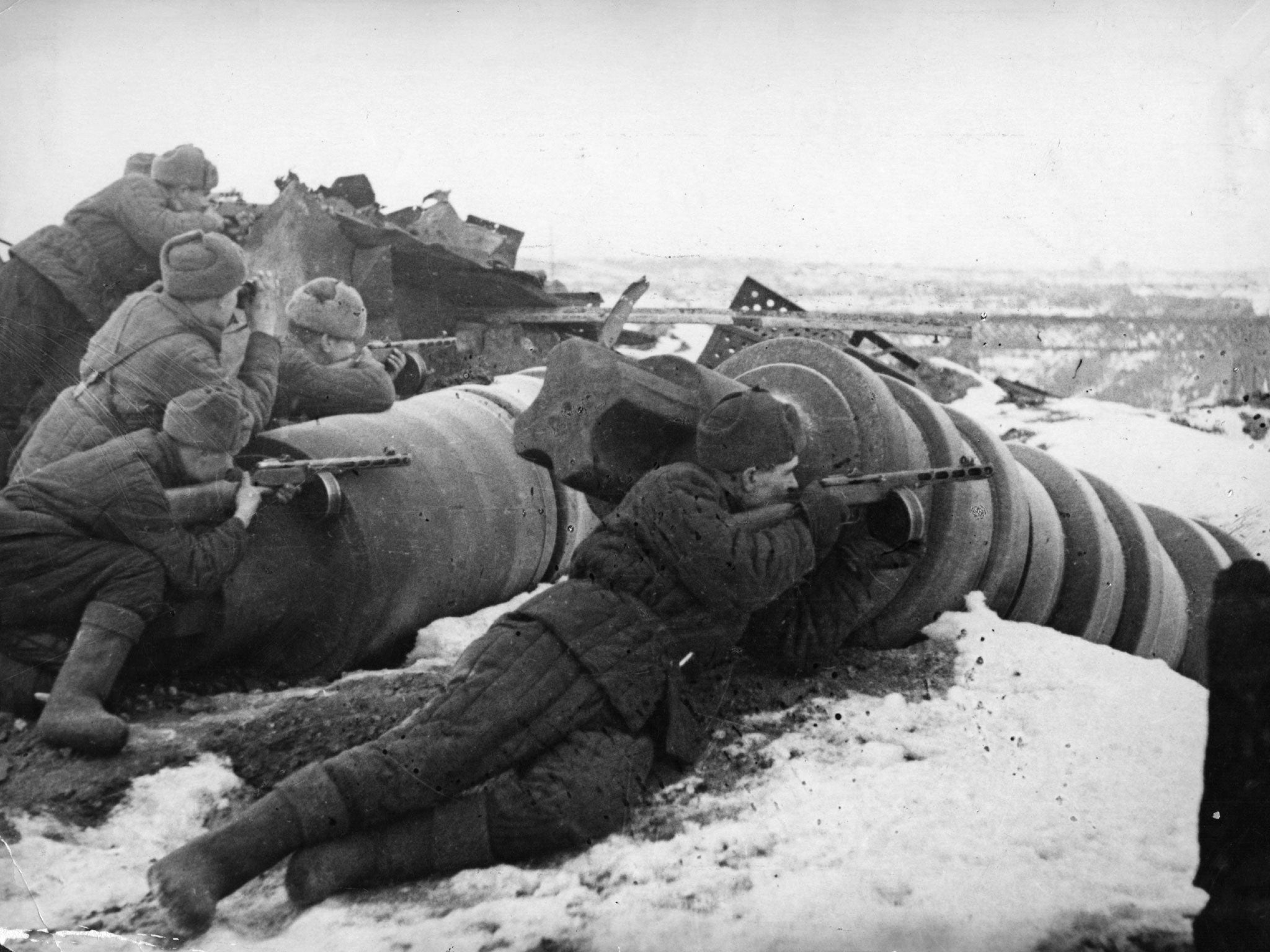Debut fiction: Four engrossing but bleak novels highlight life's petty brutalities
From Holly Müller's intensely imagined My Own Dear Brother to The Hollow Man by trainee doctor Rob McCarthy

Your support helps us to tell the story
From reproductive rights to climate change to Big Tech, The Independent is on the ground when the story is developing. Whether it's investigating the financials of Elon Musk's pro-Trump PAC or producing our latest documentary, 'The A Word', which shines a light on the American women fighting for reproductive rights, we know how important it is to parse out the facts from the messaging.
At such a critical moment in US history, we need reporters on the ground. Your donation allows us to keep sending journalists to speak to both sides of the story.
The Independent is trusted by Americans across the entire political spectrum. And unlike many other quality news outlets, we choose not to lock Americans out of our reporting and analysis with paywalls. We believe quality journalism should be available to everyone, paid for by those who can afford it.
Your support makes all the difference."Fussy, angular"Aunt Rosa, in Vladimir Nabokov's wonderful short story Signs and Symbols (1948), "lived in a tremulous world of bad news, bankruptcies, train accidents, cancerous growths – until the Germans put her to death, together with all the people she had worried about." That tragic coup de grâce doesn't put Rosa's earlier misfortunes, real or imagined, into perspective, so much as emphasise how consistently miserable some lives can be. Itself, a perspective four engrossing but bleak recent debut novels might recognise.
Ursula, the teenage heroine of Holly Müller's intensely imagined My Own Dear Brother (Bloomsbury, £11.99), set during the final months of the Second World War, endures a more miserable life than most. Her father has been killed at Stalingrad, and her Austrian village is a paranoid, censorious place, living in fear of both the Russians and the local Nazi Party – village inspector, Herr Adler, and Frau Gerg, from the League of German Girls, so formidable, even her eyes, "bright, exposing lamps", resemble concentration camp searchlights.
We first meet Herr Adler before the war, leading a gang of young men dressed as "Krampuses", horned figures who traditionally terrorise naughty children during the Christmas period. Wartime cruelties are seen as only the logical extension of this casual peacetime brutality; most obviously in the character of Ursula's brother, Anton, an enthusiastic member of the Hitler Youth, the disturbing nature of whose pre-war relationship with Ursula is revealed over the course of the book.
Raziel Reid's When Everything Feels Like the Movies (Atom, £12.99) is another brutal coming- of-age story, based on the real life murder of 15-year-old Larry Fobes King by the boy he'd asked to be his Valentine. Not without some irony, narrator Jude imagines his life as a film, or at least a reality TV show. He also dresses up in his mum's clothes, and fantasises about giving blowjobs to his homophobic middle school bullies. Brave and caustic, Jude's best jokes allude to the discrimination and neglect with which he struggles: "sometimes my mum would smile, but it was as real as her tits". And, after winning Canada's Governor General's Award for children's literature, Reid's novel was the subject of a petition protesting its "vulgar" content. Just another example of the ugly prejudice it so affectingly indicts.
The narrator of German author and former philosophy student Heinz Helle's Superabundance (Serpent's Tail, £11.99) seems less worthy of our sympathies. An unnamed German philosophy student, moping about New York, is distracted from straightforward pleasures such as his girlfriend, or a good hamburger by existential doubts, ("I ask myself why I can't just think: that was really tasty?"); and distracted from existential doubts by his straightforward desire to sleep with every woman he meets.
His nagging, Beckettian self-absorption might prove irritating were it not so pained, and were this excellent novella not so funny. At one point, the narrator sees an Orthodox Jew, stops, and thinks, "after a respectful and dignified pause, I'm sorry".
Police surgeon Harry Kent in The Hollow Men (Mulholland Books, £14.99), by trainee doctor Rob McCarthy, also feels dead inside. Scarred, literally and metaphorically, by his experiences as a medic in Afghanistan, he is investigating a paedophile ring based around a project for at-risk youths in South London, a sort of Kids Company gone really wrong. A wrong that a police procedural, unlike other more anxious literary genres, at least promises our disillusioned detective will find some redemption through righting.
This is a gripping yet comfortingly predictable thriller; I'm sure the first of many featuring the damaged but dedicated Dr Kent.
Join our commenting forum
Join thought-provoking conversations, follow other Independent readers and see their replies
Comments